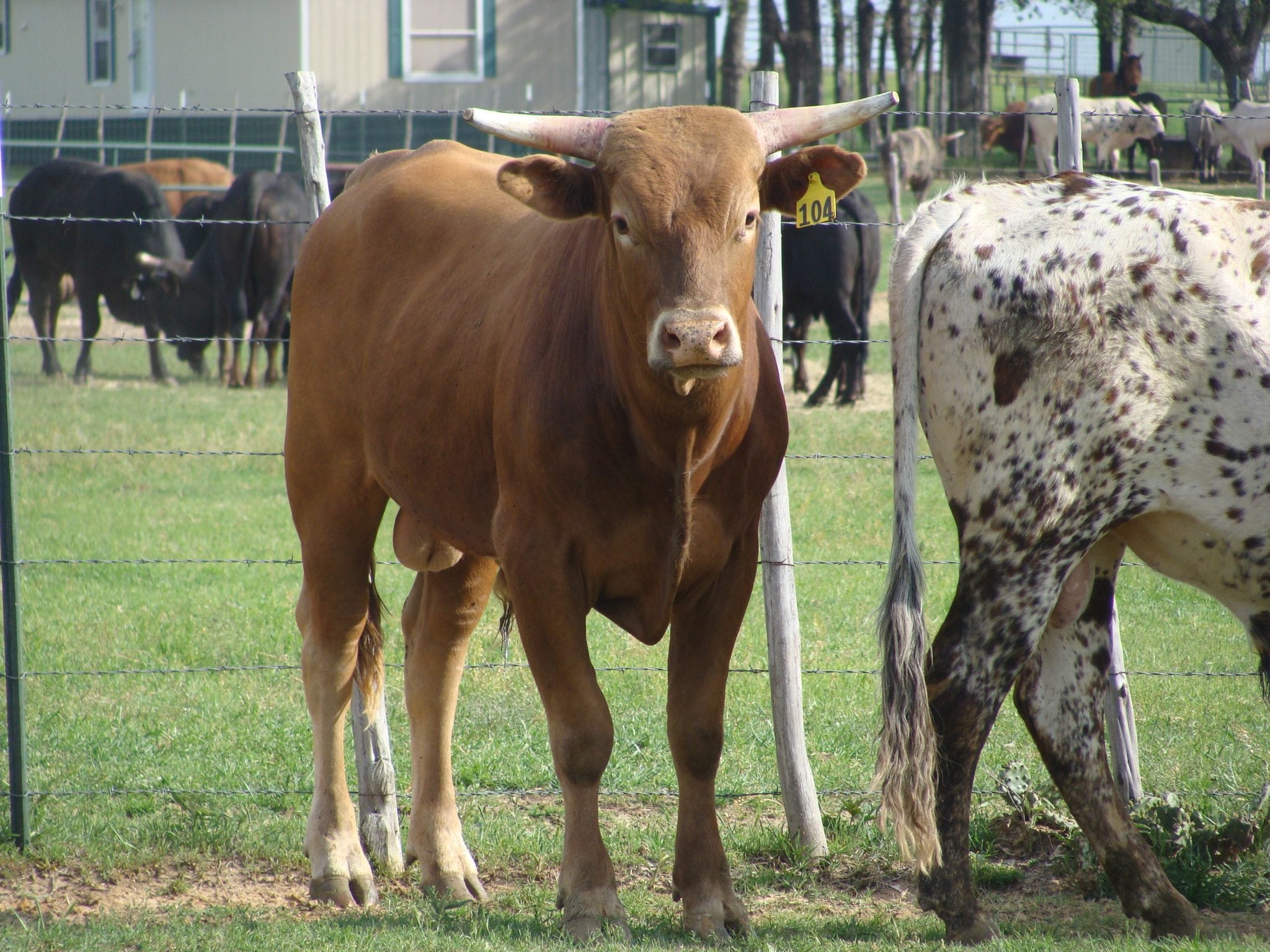Skift Take
Whether it's a bull fight or a dog race, animal-rights activists make regular shows of their disdain for long-running events that are on the decline -- albeit not fast enough for their tastes.
The festival of San Fermin begins this weekend. Does it belong in the dark ages, or is it a traditional spectacle worth preserving?
The Spanish city of Pamplona is preparing to welcome tens of thousands of tourists for the annual festival of San Fermin, which begins tomorrow.
The highlight of the week-long event is the daily running of the bulls, a tradition described in Ernest Hemingway’s evocative novel The Sun Also Rises.
Each morning at 8 o’ clock, from July 7-14, a rocket signals the release of six 100-stone bulls and six steers from their corral. The dozen animals and a crowd of revellers, will then run for nearly a kilometre through the city, ending up at the bullring.
Competitors will carry nothing but that morning’s newspaper to protect themselves, and – in a display of machismo – will attempt to get as close as possible to the bulls without being hurt.
Ahead of this year’s San Fermin, one of its most high profile opponents has been Benjamin Zephaniah, the writer and poet. Writing for the Guardian’s Comment is Free section, he argued that all visitors to the festival have “blood on their hands”.
“Tourists who participate in the run or visit Pamplona simply to watch it contribute to the carnage,” he said. “Every shared tapa, every cerveza, every booked hotel room and balcony bolsters the killing. As long as the city makes money off the event, bulls will continue to suffer and die.
“Tormenting and butchering bulls for entertainment belongs to the dark ages – not the 21st century.”
The League Against Cruel Sports, a charity, blamed “lads magazines” for “sensationalising the event… playing up the braveness” of the human participants, and glossing over “the reality as to how the bull run ends”. It criticised British tour operators that sell packages to bullfights and San Fermin.
People for the Ethical Treatment of Animals (PETA), the animal rights group, pointed out that times are changing – last year, for example, Catalonia became the second Spanish region to ban bullfighting. But it also urged travellers to distance themselves from the event.
![]()
The Daily Newsletter
Our daily coverage of the global travel industry. Written by editors and analysts from across Skift’s brands.
Have a confidential tip for Skift? Get in touch
Photo credit: Two bulls graze. The Associated Press
